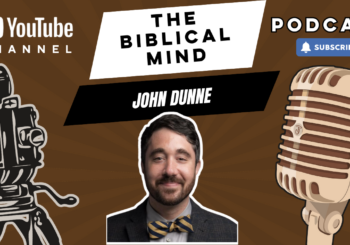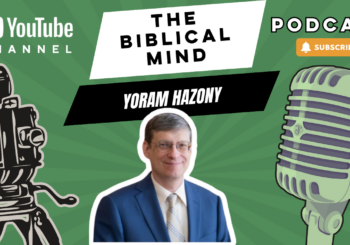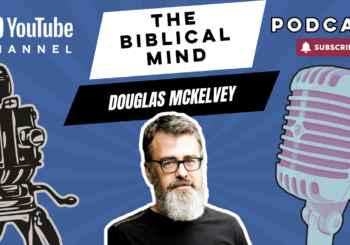Economic Thought in the Bible

Economic thought in the modern world is shaped by the conventions and practices of our Western culture. We see people as “haves” and “have-nots.” We think in terms of political debates between hardcore free market capitalism and radical socialism. We often think that caring for the poor means volunteering at a soup kitchen. We assume that our quality of life will only continue to get better. These assumptions are foreign to the Biblical authors, who often write into context of subsistence farming and limited resources.

In this episode, Dr. Dru Johnson interviews Dr. Michael Rhodes of Union University about his book Practicing the King’s Economy: Honoring Jesus in How We Work, Earn, Spend, Save, and Give (written with Brian Fikkert and Robbie Holt). Dr. Rhodes emphasizes inclusion as the persistent theme in economic thought across Scripture, and shows how it plays out in the Torah, the prophets, Nehemiah, and the Corinthian letters. Along the way, he brings up practices like disallowing loaning at interest, the year of Jubilee, and shared meals. While they may seem strange to us today, they create an interdependent, effective, and inclusive economic framework for the people of God.
Shownotes:
- 0:00 The problem with separating the “haves” from the “have-nots”
- 2:33 Introducing Dr. Michael Rhodes
- 5:15 The interdependent economic context of the Bible and how our wealth corrupts our view of economics
- 8:45 Charging interest in Ancient Israel
- 15:40 Nehemiah as an application of the economic principles of the Torah
- 17:50 Applying Biblical economic thought to modern economic practices
- 27:28 How Paul’s letter to the Corinthians reflects the principle of inclusion in Hebraic economics
- 38:45 Shared meals in the modern church
Show notes by Micah Long.
Credits for the music & pictures used in CHT podcasts can be found at: hebraicthought.org/credits.






